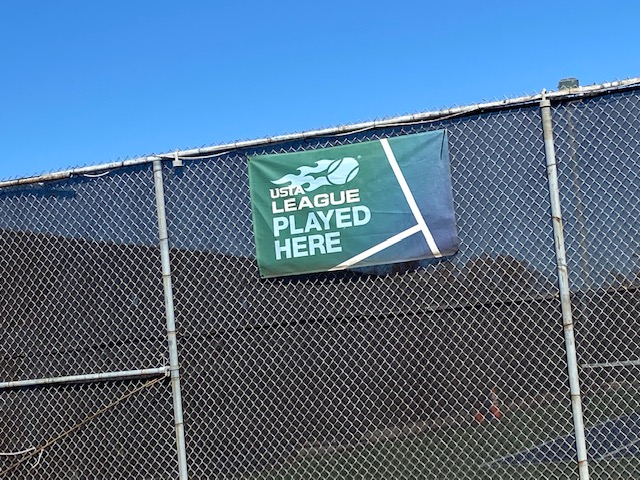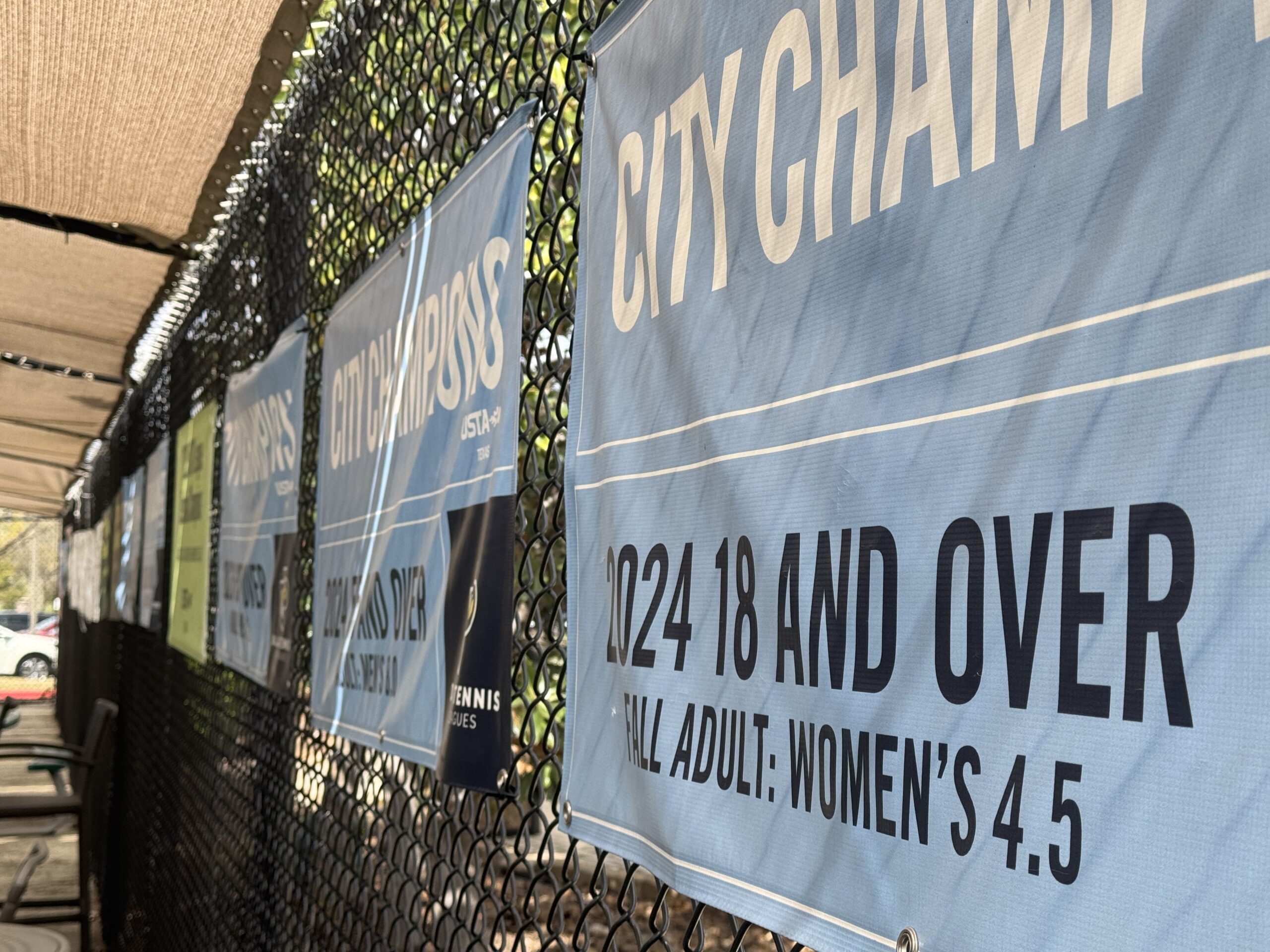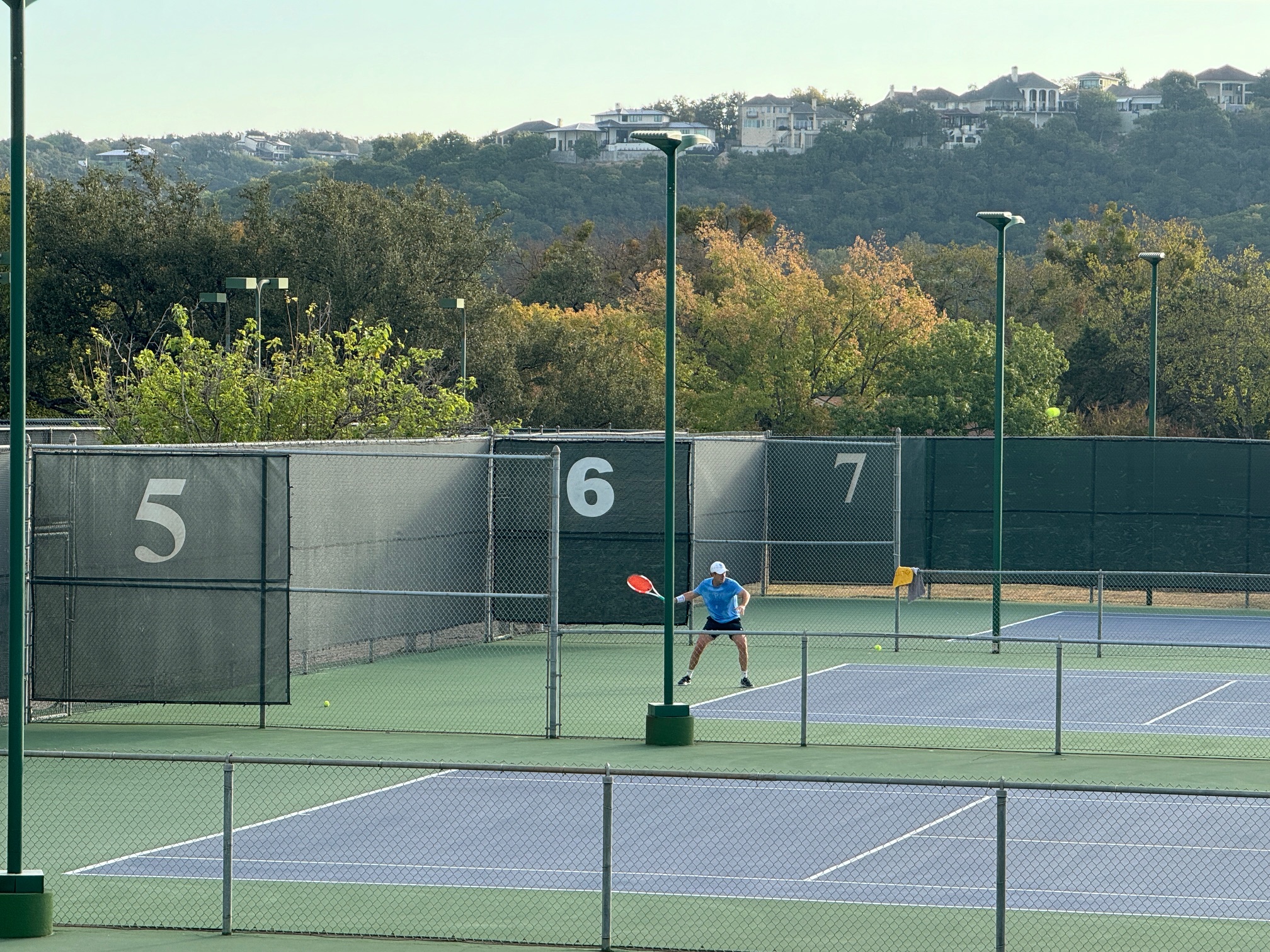In 2021 I wrote a blog post about the time when Andy Murray couldn’t keep his balls in his shorts. Last week at the Australian Open, French tennis player Jeremy Chardy lost a controversial point after neither a hindrance nor a let was allowed after a ball fell out of his pocket. Play was stopped for several minutes before the referee appeared to uphold the umpire’s decision.
This vignette is a great illustration that familiarity with the applicable rulebook absolutely matters. It also highlights a gray area in the rules for Grand Slam tournaments. As a bonus, this is also yet another data point revealing that tennis commentators are not always a reliable source for the Rules of Tennis.
Both the AO and ESPN are aggressively taking down unauthorized videos of the incident and have apparently also decided not to release their own video clips. I reviewed what happened using the full match replay on ESPN+. To set the scene, Chardy was serving at 3-3 in the first set facing a break point against the Brit Dan Evans. During the point, Chardy dropped a ball out of his pocket and hit the subsequent ball into the net.
The following screenshot captures the moment where Chardy runs crosscourt for the ball in play that he subsequently missed. The ball that fell out of his pocket is clearly visible behind him. This particular moment explains why the umpire didn’t notice the stray ball when it fell out because her head was turned tracking the ball coming back across the net. Any good umpire would be doing exactly that.

After Chardy’s missed his shot, he gestured back to the ball. A millisecond after that, the umpire called “Let, Let, Let.” Dan Evans made the point to the umpire that the let call came after the ball had already been played into the net. As a let cannot be called after a point has ended, the umpire came down from the chair to explain to Chardy that the point and game had been awarded to Evans.
The Australian Open is a Grand Slam tournament, therefore it is played under the ITF Official Grand Slam Rulebook. That document is silent on questions, of hindrance, but does indicate that all Grand Slam tournaments are played under the ITF Rules of Tennis.
The Rules of Tennis and Duties and Procedures for Officials published by the International Tennis Federation (ITF) shall apply in all Grand Slam Tournament matches, unless otherwise specified by the GSB.
2023 ITF Official Grand Slam Rulebook, Article I, Section K
(GSB is the abbreviation for the Grand Slam Board.)
The obvious next question is what the ITF Rules of Tennis says should happen in this situation. There is nothing specific in that document about balls falling out of a player’s pocket. However, the hindrance section addresses unintentional acts.
However, the point shall be replayed if a player is hindered in playing the point by either an unintentional act of the opponent(s), or something outside the player’s own control (not including a permanent fixture).
ITF Rules of Tennis, Section 26
A player cannot be hindered by his or her own actions, even if it was unintentional.
There are literally no other rules applicable to this situation. That means that what is inside or outside a player’s control is subject to interpretation. Players in the United States who play under the USTA Friend at Court have a section in “The Code” that provides a pretty good definition. However, it is not applicable to any Grand Slam tournament, not even the US Open.
A let is never authorized for a hindrance caused by something within a player’s control, such as when a player’s racket comes out of a hand, when a player’s shoe comes off, or when a player trips over the player’s own hat. However, if a player’s hat falls off during a point, an opponent may immediately call a let due to unintentional hindrance.
USTA Friend at Court, The Code, Item 36 (excerpt)
The studio commentary for this match asserted that as soon as the ball came out of Chardy’s pocket a let should have been immediately called. If this event had occurred at an ATP tournament, they would have been correct. The ATP Rulebook has a section that speaks to the precise situation if a ball falls out of a player’s pocket.
Inadvertent or Deliberate event. A distraction occurring on-court may be ruled inadvertent (unintentional) or ruled deliberate.
Inadvertent distractions may include the following (a “Let” may be called in these cases): a ball rolling onto the court; a ball falling out of a pocket; a hat falling off; or an involuntary sound or exclamation (ex. verbal reaction to an injury) from a player. Any player who created the hindrance must be advised that the next time play is stopped by the Chair Umpire because of that player’s similar actions; it shall result in a loss of point.
ATP Official Rulebook, VII.2.a
Even though that text isn’t applicable, had this incident occurred in an ATP tournament, it still would have been debatable if a let was mandatory. The language says that a let may be called. It is not absolutely required.
As an interesting footnote, Chardy asked for the tournament referee which is a legitimate thing to do when there is a question of tennis law. The referee arrived and determined that the umpire’s interpretation was correct.
Chardy himself and also some armchair umpires on social media claimed that replay should have been used to “correct” this bad call. The thing is… the umpire’s actions and decisions were completely correct per the applicable tennis law. While she called a let, that came after the ball was played into the net.
I really wish ESPN or the AO would publish a full video of the incident. For anyone who wants to watch the entire episode for themselves, the point starts at 37:05 on the ESPN+ replay feed.
- Dan Evans demands tennis changes ‘worst rule ever’ as Aus Open umpire accused of ‘lying‘, Neil McLeman, The Daily Express, January 19, 2023.
- 2023 Official Grand Slam Rulebook, International Tennis Federation, viewed January 1, 2023.
- ITF Rules of Tennis, International Tennis Federation, 2022.
- ATP Tour (2021, The 2021 ATP® Official Rulebook, the United States of America.
My original post on this rule was “Andy Murray’s Wardrobe Malfunction” on January 31, 2021.



